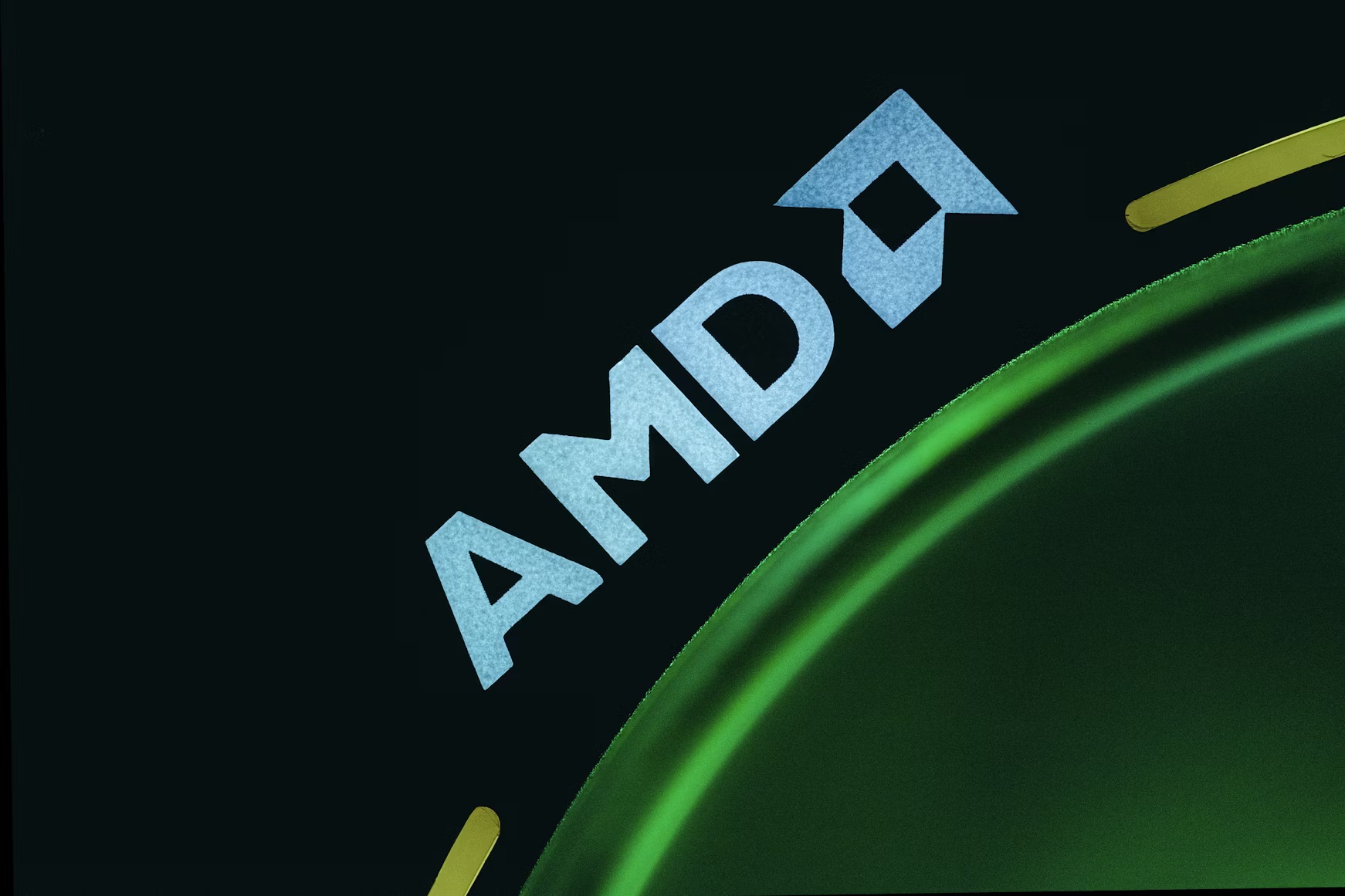
The AI chip competition between the U.S. and China is now less about security restrictions and more about tariffs. Nvidia and AMD have reportedly agreed to pay the U.S. government 15% of the revenue from sales of certain high-performance AI chips to China in exchange for licenses to sell them there, according to the Financial Times, which cited unnamed sources.
The arrangement will see Nvidia share revenue from its H20 AI chips sold in China, while AMD will contribute a portion of sales from its MI308 chips. Licenses for both products are now being issued, the report said.
Policy Shifts and Trade Incentives
In April, the Trump administration restricted sales of some high-performance AI inference chips to China. That ban was paused a few months later when Nvidia pledged up to $500 billion in U.S. data center investments. By July, Nvidia confirmed plans to resume sales of its H20 chips to China, which had been specially designed to meet previous export restrictions.
An Nvidia spokesperson said the company follows U.S. government rules for global market participation and expressed hope that export control policies would allow American firms to compete in China. U.S. Commerce Secretary Howard Lutnick linked Nvidia’s policy change to trade discussions with China over rare-earth elements, which are critical for manufacturing key components, including EV batteries.
The approval to sell Nvidia’s H20 chips to China has faced pushback. Last month, national security experts and former officials wrote to Lutnick, urging the administration to reconsider the decision, citing potential risks tied to advanced AI chip exports.
Author’s Opinion
This deal shows how economic incentives can quickly shift the narrative from “national security” to “business opportunity.” While the 15% revenue share might benefit U.S. coffers, it doesn’t erase the fact that advanced AI hardware is still making its way into China’s tech ecosystem. Balancing financial gain with long-term strategic risk is tricky — and this arrangement feels like a short-term win that could have longer-term consequences.
Featured image credit: Timothy Dykes via Unsplash
For more stories like it, click the +Follow button at the top of this page to follow us.
